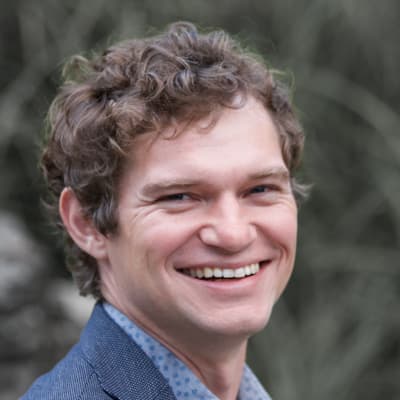What Nest’s Matt Rogers taught me about startups and the limits of experience

Back in 2012, I was attending a pre-conference press event where I got to chat with Matt Rogers, then cofounder of Nest.
Before building the Nest learning thermostat, he worked at Apple with Steve Jobs to build 10 generations of the iPod, 5 generations of the iPhone and the 1st generation of the iPad.
I got a brief rundown on Nest and then asked: “What was different about product development at Nest compared to Apple?”
Matt replied:
“The biggest thing is we realized that our factory connections from Apple didn’t necessarily mean what we thought they’d mean. We went to the exact same factories as we’d worked with at Apple and assumed we’d get the same result.”
“This wasn’t the case at all! The factories we worked with were the same, but whereas Apple got the A-team, we did not. Tolerances weren’t what we needed, turnaround times were poor and execution was lacking. We realized we’d need to come to different agreements with our manufacturing partners or find new ones that were right-sized to our company.”
“The second big learning was when working with our retail partners. With Apple, they’d agree to take inventory and sell just about anything we released. But at Nest, there was a lot more give and take in our relationship with retailers. We realized we’d need to give a retail partner launch exclusivity to ensure they gave our product enough visibility.”
The conversation stuck with me. Experience is an incredible asset, but you need to question your assumptions when you enter a new context. If you’re too stubborn, that same experience can become an anchor.
You may have heard the saying: What got you here won’t get you there.
I’d go one step further: What got you here might prevent you from getting there.
Hiring from a larger company can work out, but you need to qualify someone’s adaptability and willingness to roll up their sleeves. In Matt’s case, it wasn’t enough to have literally built Apple’s biggest hits, to have worked hand-in-hand with Steve Jobs or to know the exact factories to call up. Success required that he adapt to the new context at Nest.
Generalists are crucial in the awkward early days of a startup, but they can get left behind if they’re unable to shed old responsibilities to narrow their focus. Having my hands in a little bit of everything in the early days of a startup felt great, but holding on to my early success in this pattern would have hamstrung me and limited my potential.
Even within the product domain I owned for the majority of my time at Constructor, it was crucial to adapt over time. The skills you hire for shift and evolve as a startup grows. The optimal strategies change over time as you gain access to greater resources and identify new risks.
The ultimate takeaway for me was this: Stay humble and always be ready to test your assumptions to adapt to a new context.
